Join us
Every day, doctors and nurses working on the frontlines around the world risk their lives to save others. On the 19th of May, we're launching an initiative to bring their work into the spotlight, and to help ensure they can safely do their jobs.
Your support means we can make this initiative accessible to as many people as possible.
“In an ideal world, war surgeons would be as famous as us, footballers. Every day, they save lives while risking their own. That's why I support the ICRC in this initiative.”
- Blaise Matuidi, World champion footballer.
In support of the doctors and nurses who go the extra mile to save lives in times of conflict and war...
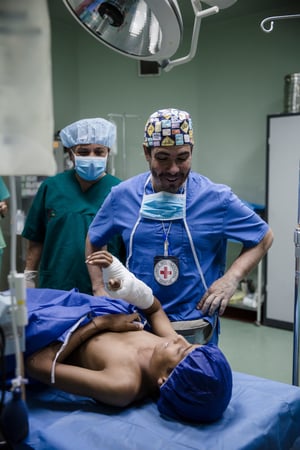
In West Erbil emergency hospital, a surgeon jokes about football with his patient before the surgery. The boy had a football t-shirt on when he came into the operation room. As it seemed important to the boy, the nurses decided not to cut it but carefully took it off.”
We invite you to join our digital activation community and help raise awareness and support for the life-saving care medical teams provide in conflict zones.
By joining the community today, you will get access to images, text, videos, and stories that will help you share why doctors and nurses deserve our respect, our thanks, and to be safe.
In the last five years alone, we counted over 3,700 attacks on health-care workers and facilities. Every attack deprives people of much-needed medical care.
As part of our community, you’ll help us tell the world - in your own words - about the lengths doctors and nurses will go to help people in need, and why more must be urgently done to protect them.
The routines of war surgery
All the circumstances of war surgery thus do violence to civilian concepts of traumatic surgery.
Early specialist training of surgeons and sophisticated modern technology benefit many patients in a peacetime environment, but can be an obstacle to the practice of surgery during armed conflict.
War wounds are different. The extent of tissue destruction and contamination seen in war injuries is nothing like what is seen in everyday trauma practice. Working conditions during war are radically different from those prevailing in peacetime.
Resources are limited and surgeons are often obliged to improvise or make compromises in their management decisions. Their aim should be to bring the best care possible to their patients under the circumstances, not the best care as described in the academic literature.
War surgery is a surgery of mass casualties. The logic of war triage has little to do with the routine emergency department triage of a major civilian trauma centre: wartriage has a “leave to die in dignity” category unheard of in everyday civilian practice.
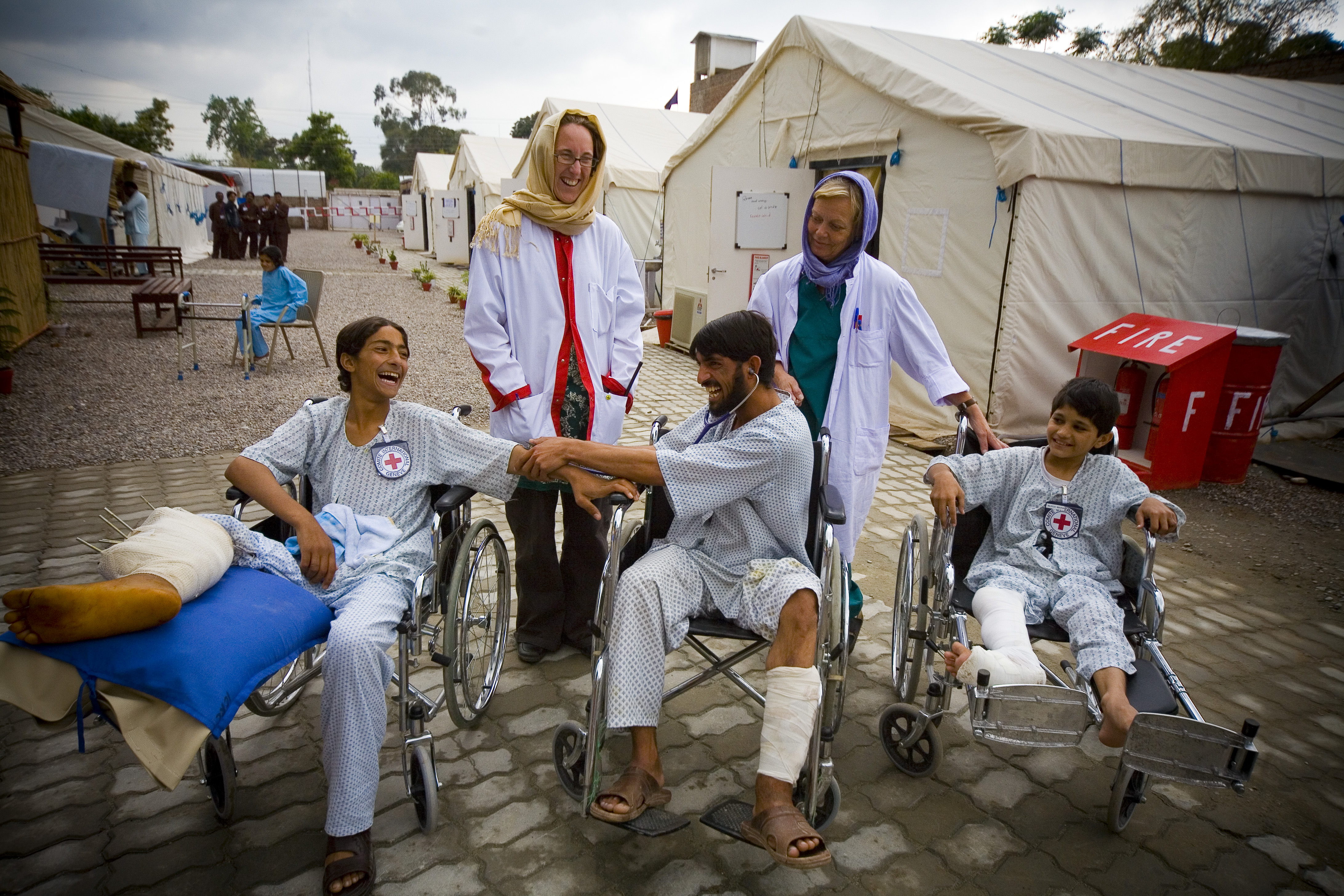
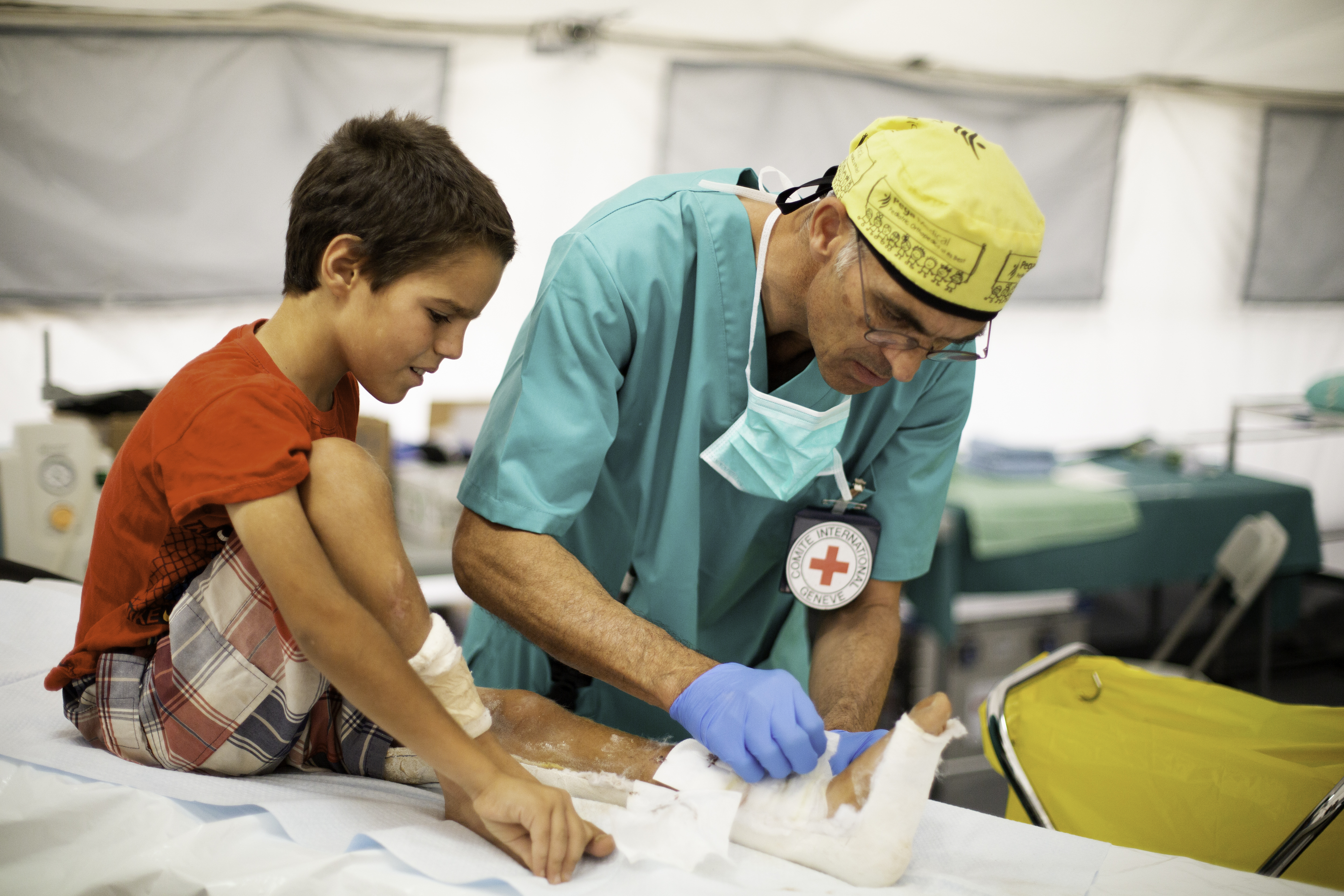
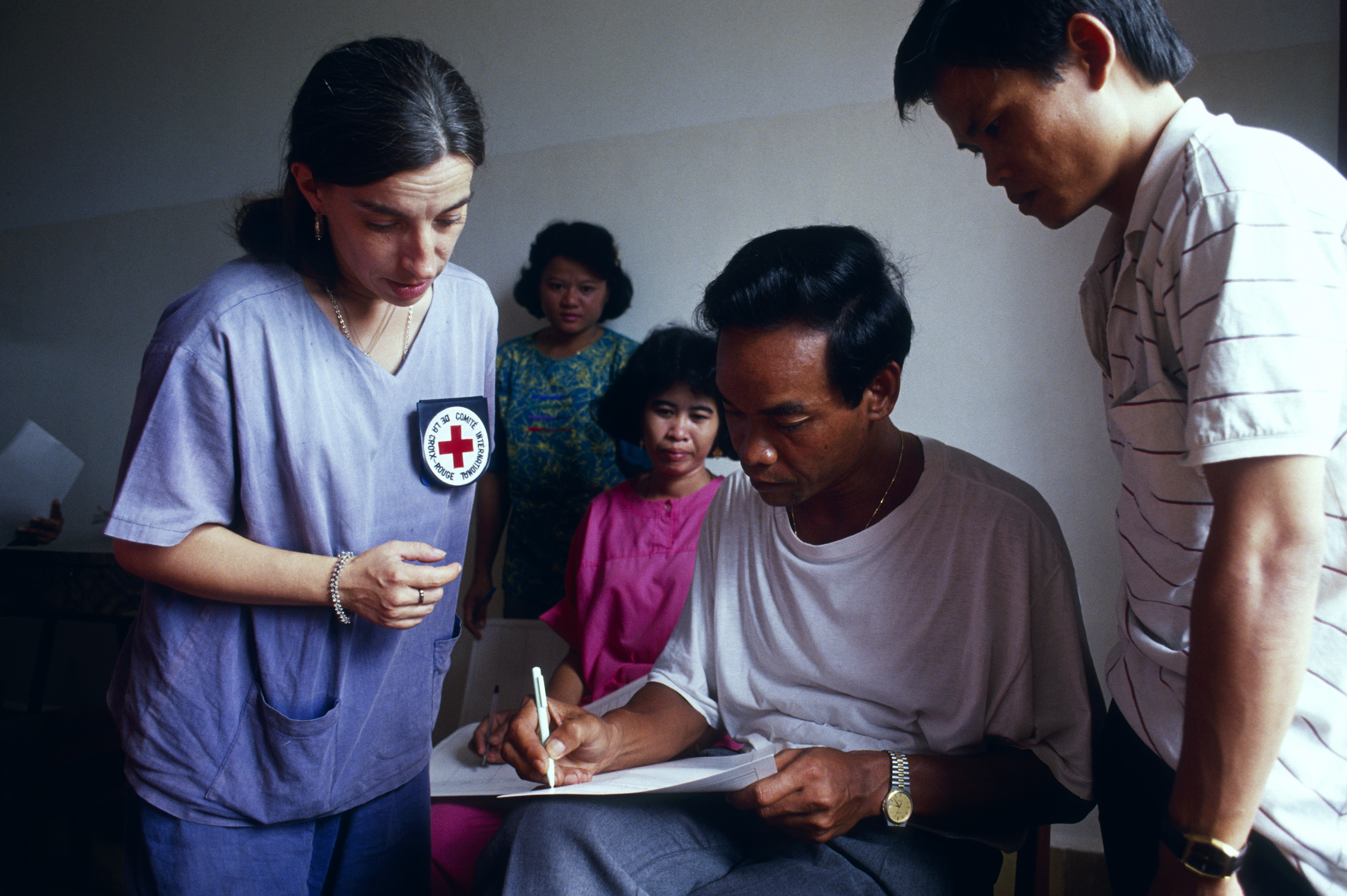
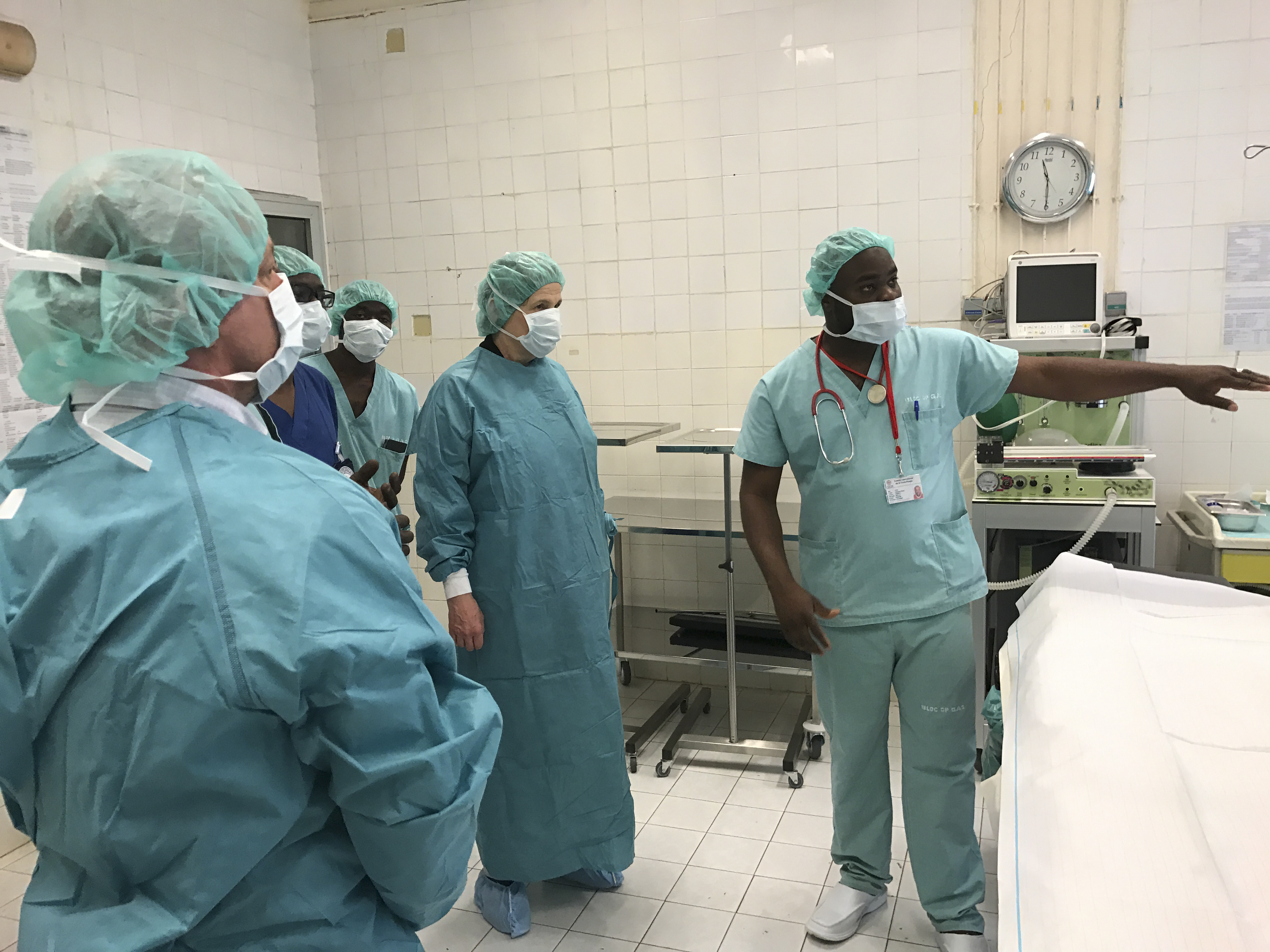
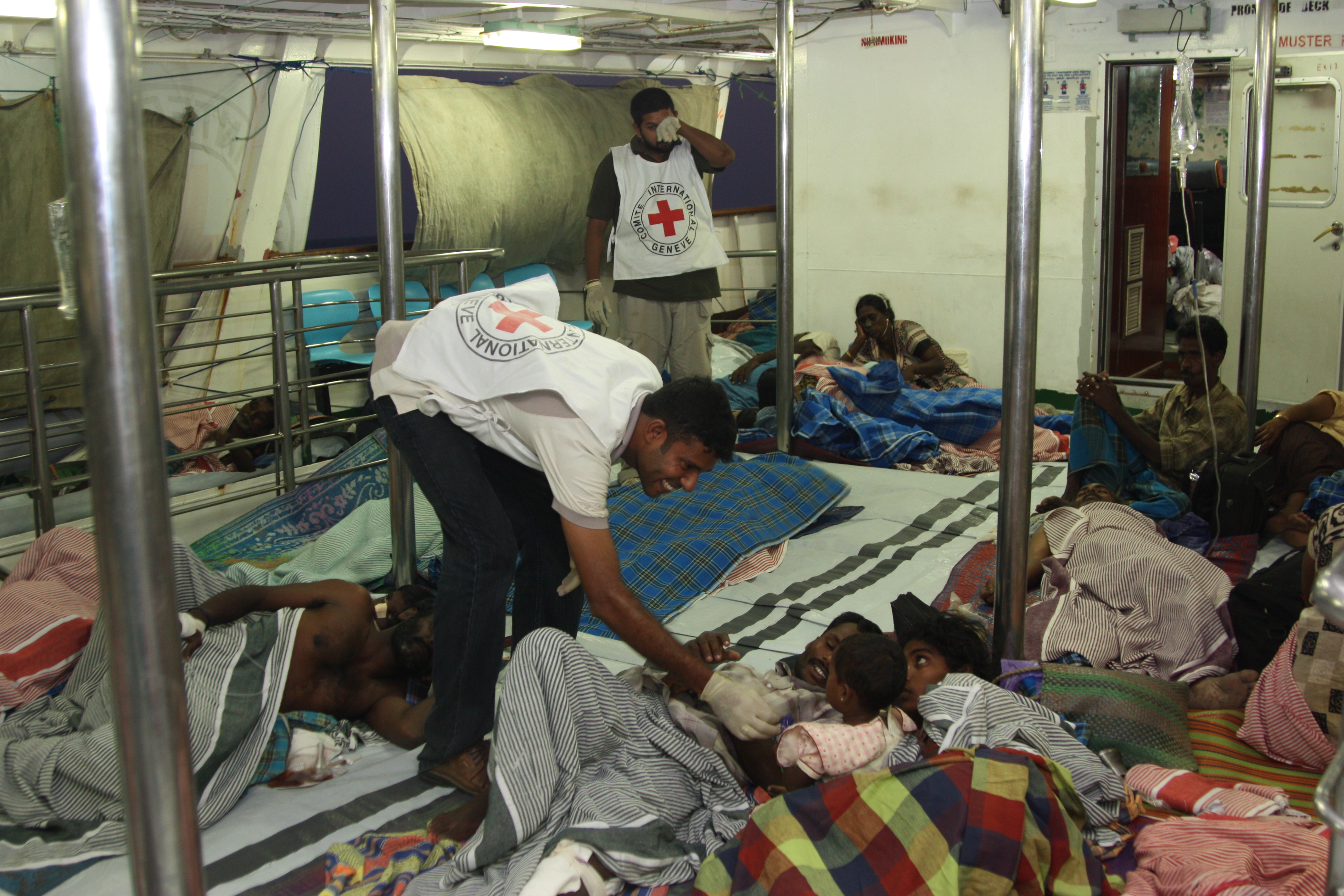
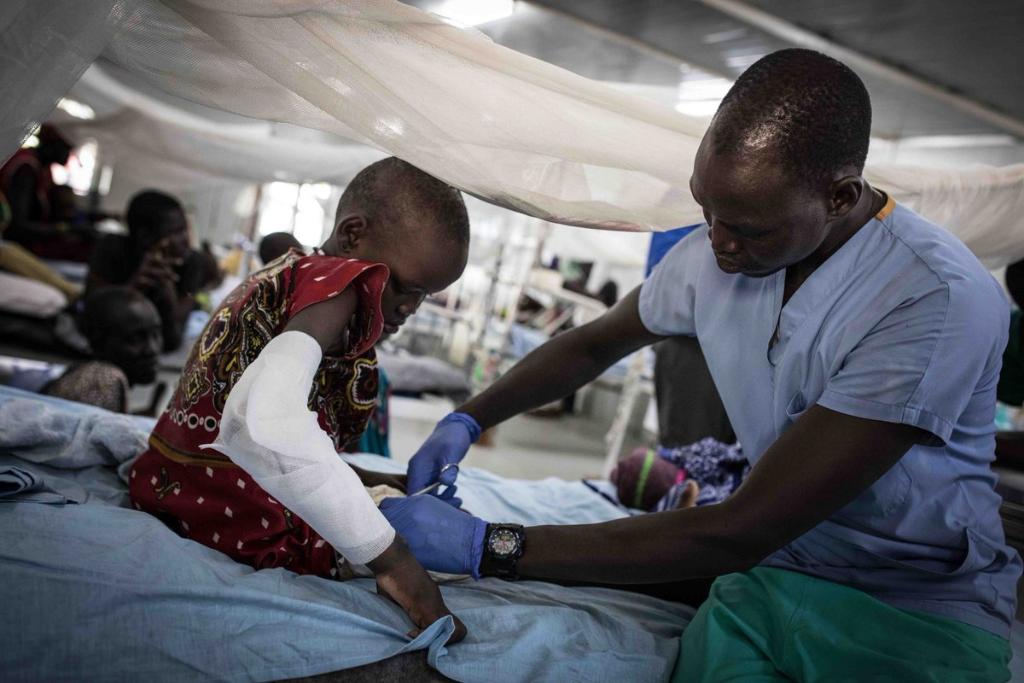
THE WORK OF THE ICRC
The ICRC helps those affected by armed conflict and promotes compliance with international humanitarian law. Read more about what we do and who we are.